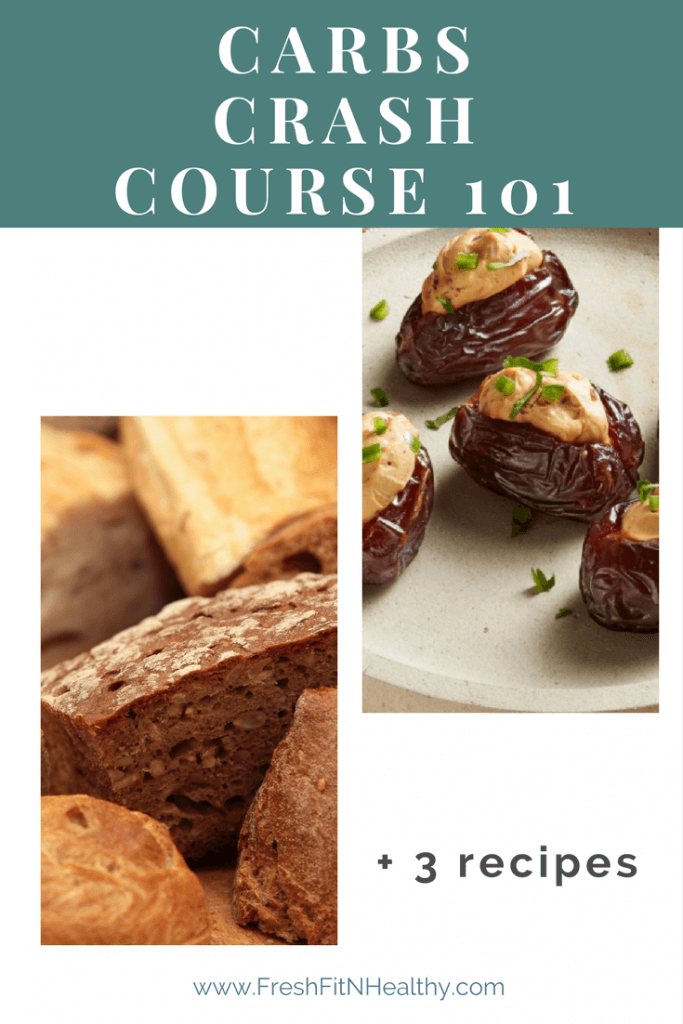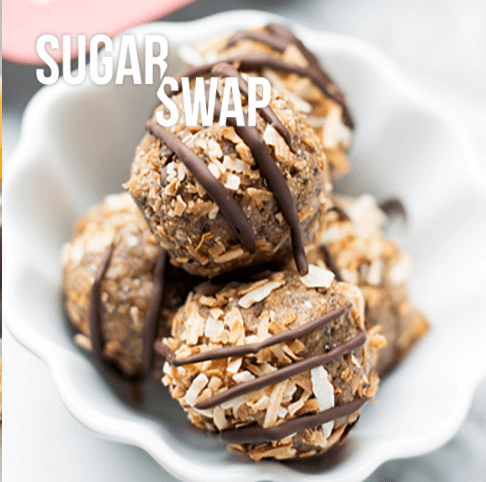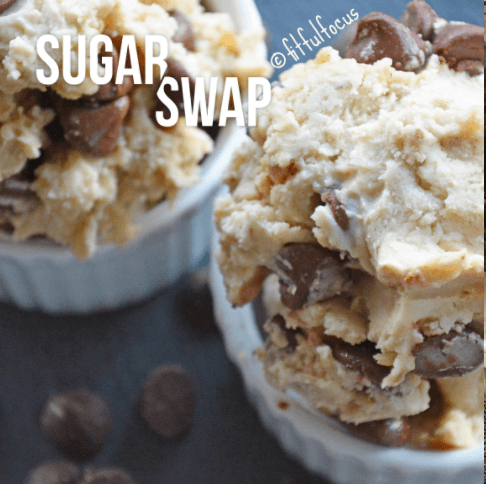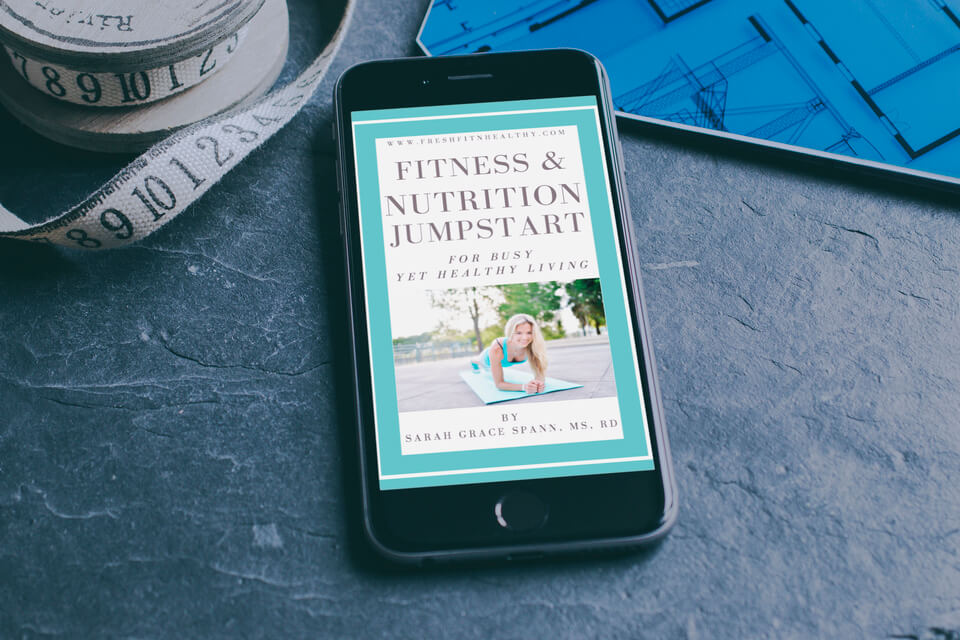#CARBOHYDRATES. A post for all things carbs to break through some of the nutrition “noise” and “fake news out there.
We hear it all the time…go low carb, no carbs, you need high carbs for muscle gain, carbs are evil…so on and so on. In this crash course we will discuss what carbs are, what roles they have in our body, some of the myths surrounding them, and summarize the “truth about carbs.”

What are Carbohydrates?
Carbs—along with fat and protein—are a macronutrient. Macro means large, so by definition, macronutrient is “a chemical element or substance (such as potassium or protein) that is essential in relatively large amounts to the growth and health of a living organism.”
Scientifically speaking, carbohydrates are the major source of energy for our body. Per gram of carbohydrate our body is provided with about four calories. As it is easy for the body to use glucose (a form of carbohydrate) as fuel, carbs become the body’s number one choice of energy. Whatever is not used by the body is stored first in the muscles as glycogen and then as fat on the body. This is where carbs began to develop some negativity. The act of cutting carbs has become a popular necessity in certain dieting circles—such as the Atkins diet, Keto diet, Low-carb diet, and a myriad of others.
Two Types of Carbs—Simple and Complex
Simple Carbs
We could go into the whole biochemistry of carbs on the body…but let’s not! To put it “simply” simple carbohydrates are easily broken down by the body and used for energy. When most people think of simple carbs processed foods such as white bread, cookies, candy, soda, usually come to mind. Yes, those are all simple carbs. BUT, simple carbohydrates also occur naturally in your food. Fruit is a simple carbohydrate because of the fructose—fruit sugar—it contains. Milk contains a sugar known as lactose making it a simple carb as well.
SO:
- Fruit (fructose)
- Milk (lactose)
- Candy (sucrose)
- Processed cookies/pastries
- White bread
Are all simple carbs!
Complex Carbs
Just like simple carbs, complex carbohydrates also turn into sugar in your blood and are used for energy. The difference is that it is much harder for your body to break down complex carbs providing you with a more lasting energy. Complex carbohydrates also prevent the sugar crash that can come from eating simple carbs.
Complex carbs are in:
- Whole Grains (millet, wheat, quinoa…)
- Whole Wheat Bread
- Starchy Vegetables (sweet potato, butternut squash, peas…)
- Beans
- Popcorn
So, What’s Better? Neither!
It is common sense that sugary foods such as soda and candy are not “nutritious” for you. White bread, cookies, pastries etc. are not super nutritious either. Since your body processes these foods so quickly they spike your blood sugar…but nothing is there to sustain it so your blood sugar levels rapidly drop. Low blood sugar sends signals to your brain/body that you are hungry EVEN if you really aren’t!
Processed sugars can also be high-glycemic – causing unpleasant sugar spikes followed by energy crashes, and increased inflammation.
Yet, even though fruit is a simple carbohydrate, the fiber in the fruit helps to slow down the release of carbs in your blood keeping your blood sugar level more stable. Fruits also provide your body with important vitamins and minerals.
While Medjool dates are high in natural sugars, they are low on the glycemic index thanks to a balanced amount of soluble fiber, like mentioned above. That’s why even though some people avoid fruit for their sugar content – you see me using both fresh fruits and Natural Delights Medjool Dates throughout almost every day. They are the perfect way for me to satisfy that sweet tooth and swap for processed sugar in a way that sustains my energy levels and provides extra vitamins and minerals along with my daily nutrition supplement.
What about milk? Milk also contains important vitamins and minerals. You can purchase a milk that is higher in fat to help slow the carb release (fats slow sugar as well!) or you can pair your milk with a whole grain (toast, oatmeal) or fruit like a couple Natural Delights Medjool Dates or a banana.
Simple carbohydrates are also excellent for post workout/recovery snacks when your body needs a quick boost. Remember that post workout post back a couple months ago?
side note: Unfortunately like I mentioned in this post about post run recovery and training for a half marathon – my knee has been bothering me so I’m not longer running in it. BUT I will still be at the Gasparilla Marathon hanging out and talking about sports nutrition at the Natural Delights Medjool Dates booth!
Some SUPER simple post recovery options that not only provide some simple carbohydrates but other key minerals like potassium?
- Smoothie made with 1 cup of milk, 1-2 Natural Delights Medjool Dates (more potassium than a banana!), 1 scoop protein powder. (add some spinach for bonus points!)
- 1 cup Greek Yogurt with a Natural Delights Medjool Date sliced up with about 1/4-1/2 cup high protein cereal or granola on top
- Half a turkey sandwich
- Chocolate Milk or a RTD shake like Rockin’ Refuel that has protein and carbs.
- 2 Natural Delights Medjool Dates sliced in half and topped with cottage cheese.
- Power Balls
Made not necessarily recovery but also super yummy without added sugar… this edible cookie dough, and these caramel coconut bites. YUM.


Now to complex carbohydrates – they are definitely good for you too.
The complexity of them and the fiber they often contain slow down that sugar spike and crash so you won’t feel fatigued after eating them. It is important to make sure that your diet contains enough complex carbohydrates so that you are provided with the essential vitamins and minerals they contain!
So, Should I Eat Carbs?
Yes!
It is recommended that around 40-60% of your diet should come from carbohydrates. Yet, you went on a low carb diet and you lost weight…surely carbs must be the issue?
If you totally took out all carbs from your diet and did not replace any of those calories with other food you would inevitably loose weight, but that is not because you excluded carbs it is because you burned more energy than you took in! ANY time you are in a calorie deficit, you will lose weight.
Another reason someone may temporarily loose weight when cutting carbs has to do with water. Carbohydrates hold onto water molecules and if you eat less carbs your body will loose water weight…but NOT loose fat. As soon as you start eating those carbs the weight will come back because it was only water.
Glycogen was also mentioned earlier to explain this would take a whole other “crash course” but let’s just look at it in brief. You probably have heard of “carb-loading” before. “Carb-loading” is a common practice of certain athletes where before a marathon, race, performance, or tournament they will eat a large amount of carbohydrates. If the carbs are not used for energy they will not immediately be stored as fat, instead, these excess carbs will be stored as glycogen around the muscles. Glycogen is a stored form of glucose. When an athlete is performing, racing etc., this glycogen is used once—the more glycogen the more energy. Of course, if this glycogen is not used it will eventually be converted and stored as fat, but that process takes much longer than most realize.
Another reason you should not cut carbs is your brain. Your brain requires a lot of energy…and the quickest source of energy is carbs. Carbohydrates are good to keep that brain fog away, they boost your mood, and the high fiber content of carbs keep you fuller for longer and could lead to weight loss.
In summary, carbs are not to be feared.
They are not some evil macronutrient out to sabotage your health. Instead, health carbs—such as fruits, vegetables, whole grains, and dairy—play an important role in overall health and well-being.
So eat those carbs!
And if you’re looking to work with a dietitian and trainer that WILL put yummy carbs like bread, ice cream, Natural Delights Medjool Dates, and into your meal plan.. and not just give you broccoli and chicken… click here to hear more about my services and sign up for a free call!
ps: miss THIS FREEBIE? Click here for this jumpstart guide for the busy life!
